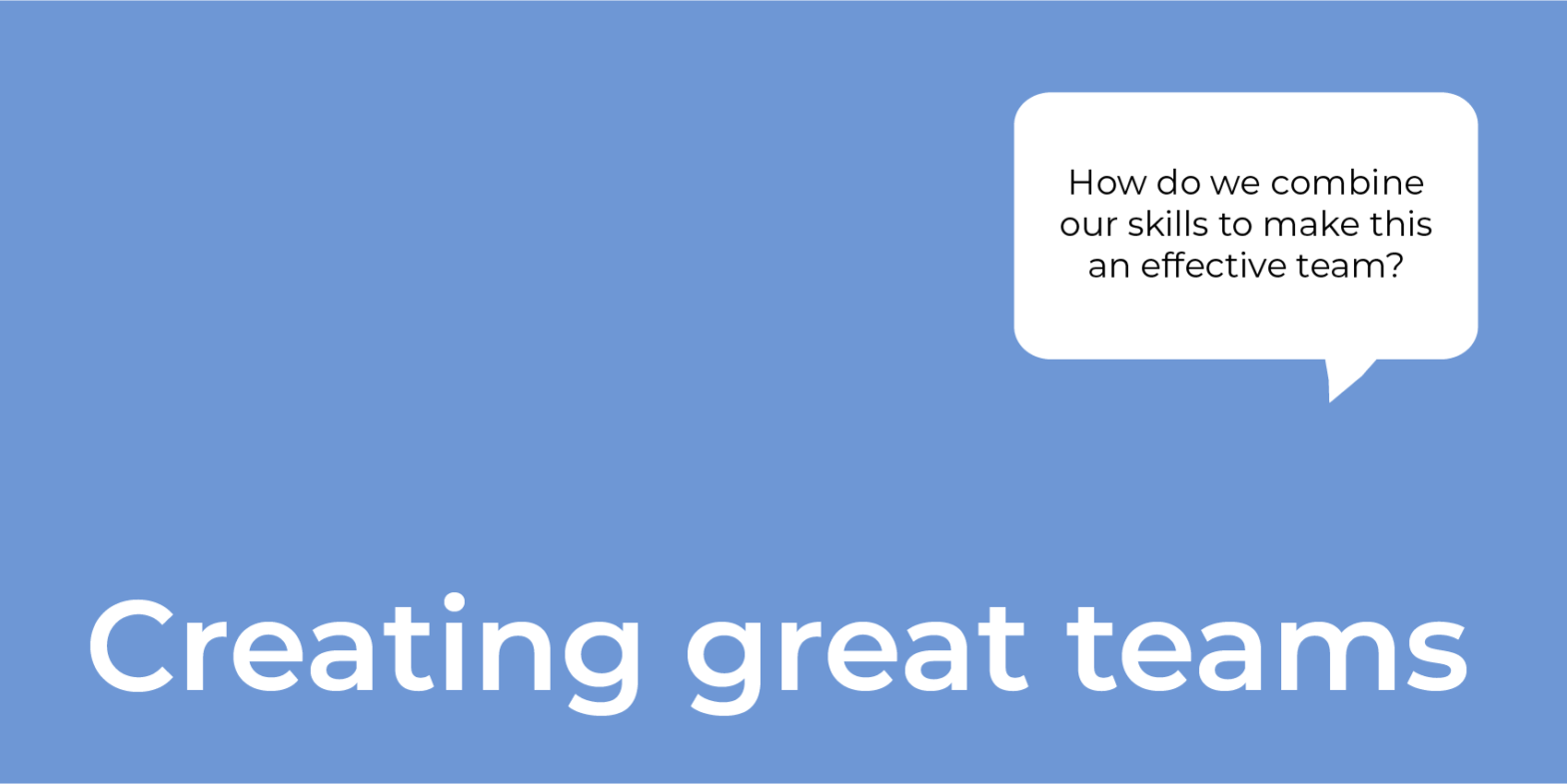It’s no secret, small self-managing teams are becoming the foundational operating unit within organizations. The shift toward increasingly autonomous, team-based work is nothing new. Developers and tech pioneers Ken Schwaber, Jeff Sutherland, and 15 of their peers gave the movement definition with their breakthrough publication of the Agile Manifesto in 2001. The new thinking guided the tech industry out of what some characterized as an existential crisis during the early days of the Internet. Since then, there’s been no shortage of research into what makes great teams…great. The emphasis on lean thinking, rapid adaptation, iteration, and collaboration has only accelerated over the last decade as global market forces demand an ever more relentless pace of innovation. Perhaps no organization in the last 20 years has dissected the fundamentals of human productivity and performance more than Google has. With a data mindset in their DNA and direct access and influence over their hundreds of teams worldwide, in 2012 the company set-out to learn the facts about team performance. Coined Project Aristotle, Google’s researchers started by digging into 50-years of academic research around team performance. Here’s what they found…
What Google Discovered From Its Mission to Create the Ultimate Team

